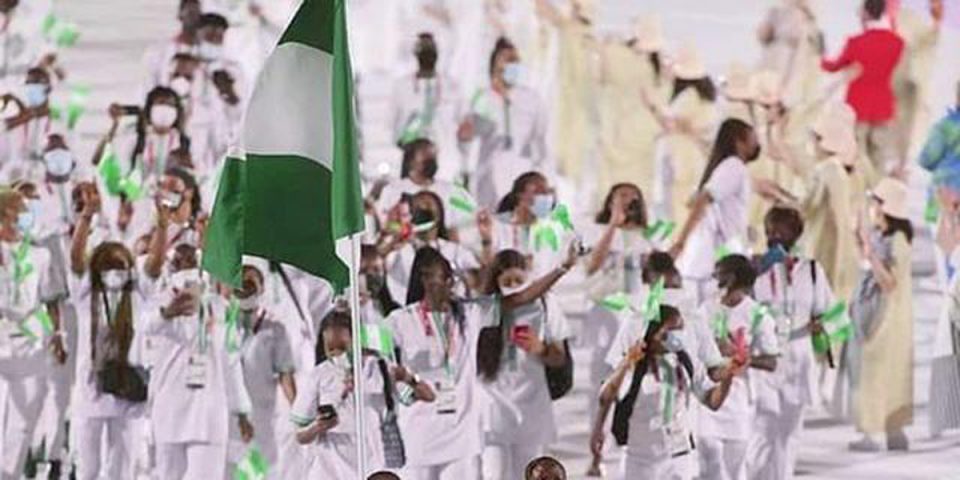World Athletics has declared 10 Nigeria athletes ineligible to compete at the Tokyo 2020 Olympic Games in Japan.
In a statement by Athletics Integrity Unit (AIU) of the world body, Nigeria, one of the Category A’ Federations, is the most affected country that did not meet the minimum testing requirements under Rule 15 of the Anti-Doping Rules out of the 18 athletes from the final entries for the Tokyo Games.
22 athletes are expected to represent Nigeria in the Athletics Events which begins on Friday.
Even though the names of the affected athletes were not revealed in the statement, the AIU explained that under the framework of Rule 15 governing National Federation Anti-Doping Obligations, which came into force in January 2019, National Federations are accountable for ensuring appropriate anti-doping measures are in place in their respective jurisdictions.
Among other things, the Rule sets out minimum requirements for testing on the national teams of ‘Category A’ federations deemed to have the highest doping risk and considered as a threat to the overall integrity of the sport.
The key requirement in Rule 15 is that an athlete from a ‘Category A’ country must undergo at least three no-notice out-of- competition tests (urine and blood) conducted no less than 3 weeks apart in the 10 months leading up to a major event.
Only then do they become eligible to represent their national team at the World Athletics Championships or the Olympic Games.
For the year 2021, the seven identified ‘Category A’ National Federations are: Belarus, Bahrain, Ethiopia, Kenya, Morocco, Nigeria, and Ukraine.
“National Federations must play their part in supporting anti-doping efforts. The eligibility rules for athletes from ‘Category A’ countries are very clear and compliance is essential for cementing the required long-term changes and ensuring a level playing field for clean athletes,” said David Howman, Chair of the AIU Board.
“I must underline that there have been significant improvements in anti-doping efforts in most ‘Category A’ countries thanks to this rule. It is clear that the relevant National Federations in conjunction with their NADOs have started to take their testing responsibilities seriously, and I thank them for their efforts, but there remains a long way to go in some circumstances,” he added.
Nigeria was included in Category A at the start of 2020 following a continued period of weak domestic testing levels.




